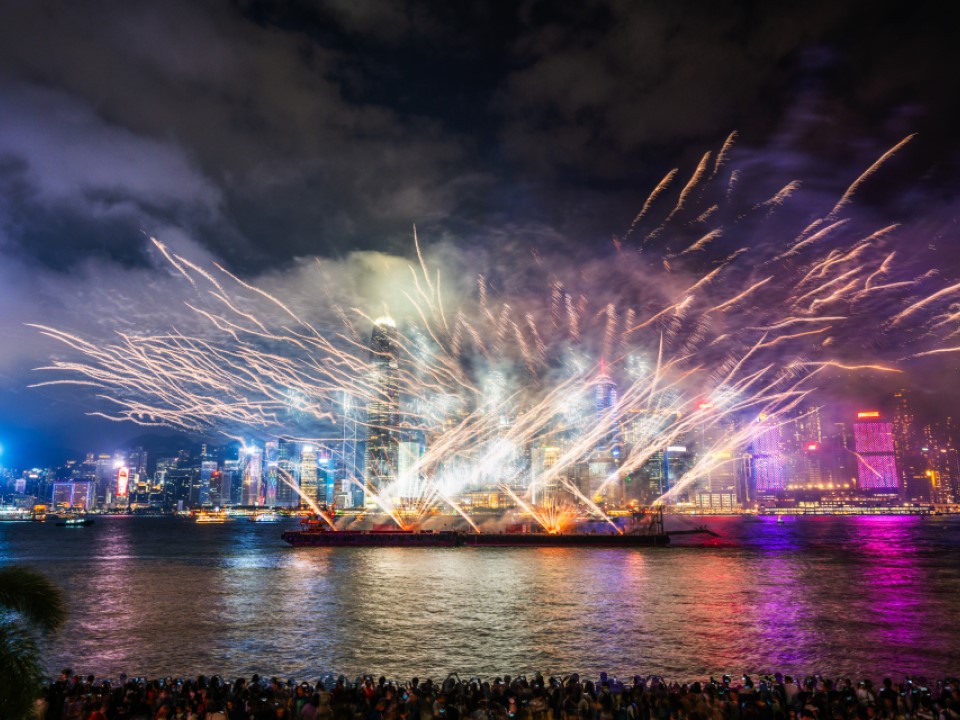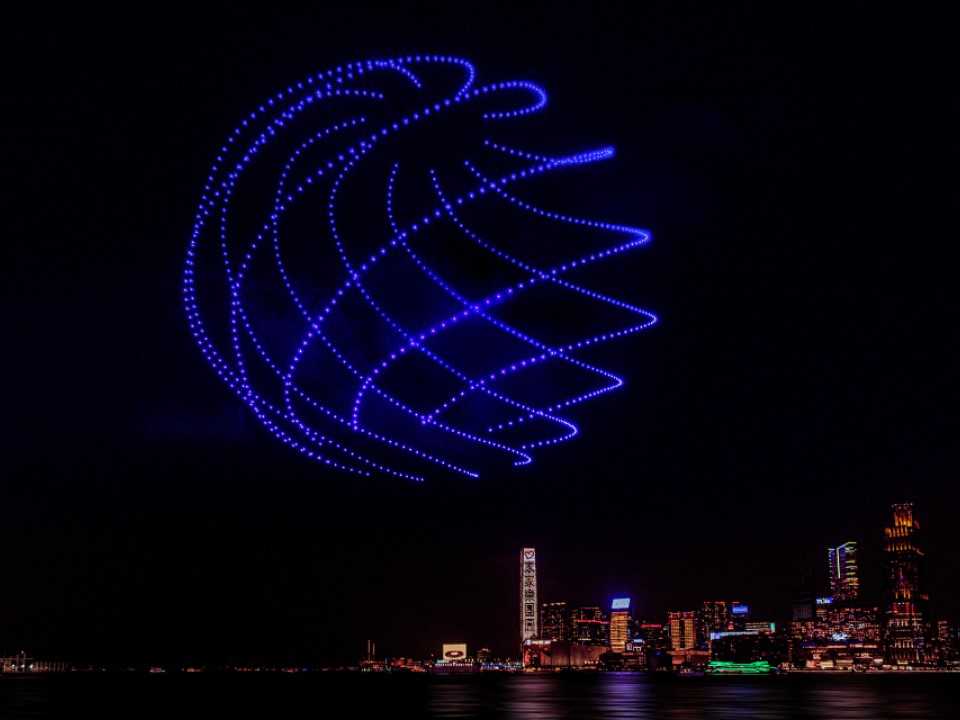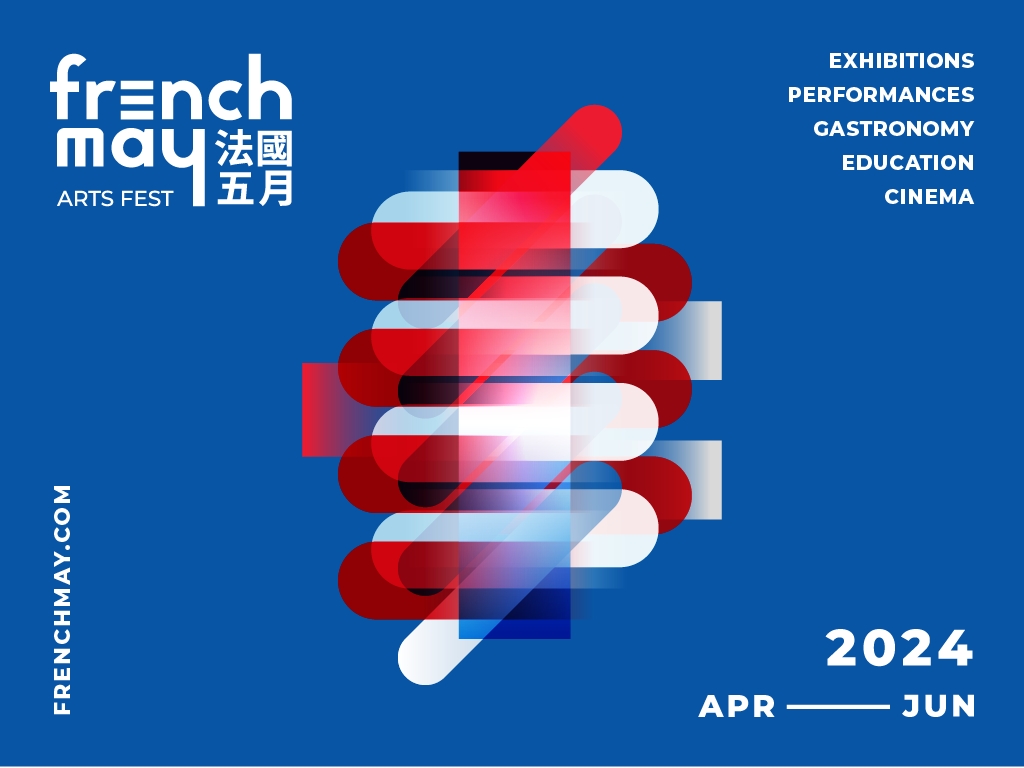
International and modern as it may be, Hong Kong has never lost touch with its traditions. Throughout the year, this dynamic city comes alive with a wide array of festivals and events. In the month of May, Hong Kong showcases four Chinese festivals that offer a unique glimpse into the cultural tapestry of the city. Join us as we explore the fascinating Chinese festivals happening this May.

Birthday of Tin Hau
1 May 2024 (The 23rd day of the third lunar month)
Hong Kong’s maritime heritage ensures a strong and loyal following for Tin Hau, the Goddess of the Sea and patron saint of fishermen. On her birthday, locals flock to the city’s more than 100 Tin Hau temples to pray for safety, security, fine weather and abundant fishing throughout the year. Even young people, more likely to see a fish in a restaurant than on a trawler, join in the celebrations, demonstrating the enduring reverence for Tin Hau. Many different celebrations are held across Hong Kong for this festival.
Witness the Yuen Long Shap Pat Heung Tin Hau Festival Procession, where a fa pau (large floral tributes made of bamboo and paper) parade showcases a marching band, and lion and dragon dances. There is also the Joss House Bay Tin Hau Festival celebration at Tin Hau Temple in Sai Kung, the oldest of its kind in Hong Kong, which encompasses inviting deities, scattering flowers and feeding water ghosts among other rituals. The High Island (Leung Shuen Wan) Tin Hau Festival, listed in the Hong Kong Intangible Cultural Heritage inventory in 2014, has celebrations that vary depending on whether it’s a ‘big’ or ‘small’ festival year. This year happens to be a ‘big festival’ year where Cantonese opera will be performed to appease the gods and other rituals such as presenting memorials, opening the altar, offering meals to wandering ghosts and a sea parade.
Celebrations will also be held at the Tin Hau Temple at Yau Ma Tei, a declared monument located near the iconic Temple Street, where there will be lots of activities including face-changing, kung fu performances, Chinese calligraphy and sugar painting.
The Tin Hau Festival in Cha Kwo Ling features a four-day and five-night Thanksgiving opera, as well as lion, dragon and unicorn dances. Meanwhile, the Tin Hau Festival in Yung Shue Wan, highlights a dragon boat competition and Cantonese Opera.

Cheung Chau Bun Festival
15 – 16 May 2024 (The fifth to ninth of the fourth lunar month)
One of the city’s most spectacular festivals marks the end of spring, when thousands of visitors ferry over to the tiny, serene island for the Cheung Chau Bun Festival. Comprising the Piu Sik Parade, where children dressed up as deities are paraded on stilts; lion dances; Taoist festivals; the exciting Bun Scrambling Competition; and the Climbing Carnival, the festivities are on China’s national list of Intangible Cultural Heritage and deemed one of the world’s top 10 quirky local festivals by TIME. From the buns to the bun towers, everything is prepared by the local community, making this festival truly unique to Hong Kong.
Remarks:
To facilitate your visit to the Cheung Chau Bun festival, ferry services are available to and from Central (Central Pier No. 5) to Cheung Chau. Visitors are advised to arrive early for the ferries and pay attention to traffic news and relevant announcements.
After the Bun Scrambling competition on 16 May, an additional ferry will depart from Cheung Chau to Central at 1:15am. For updates related to the event, please visit Sun Ferry’s website. If you have any enquiries, contact the Sun Ferry Customer Service Hotline at +852 2121 8181 during office hours.

Birthday of Buddha
15 May 2024 (The eighth day of the fourth lunar month)
The Birthday of the Buddha, also known as the Buddha Bathing Festival, is one of the most spiritual and unique festivals in Hong Kong. It honours Siddhartha Gautama, the founder of Buddhism, also known as Sakyamuni).
According to legend, nine dragons sprayed water to bathe the baby Buddha at birth. On his birthday, devotees gather at Buddhist temples to participate in the Buddha bathing ritual, believed to purify one’s soul.
Throughout Hong Kong, Buddhist temples and organisations hold a series of ceremonies in commemoration. Join the Buddha Bathing Ceremony held at the Po Lin Monastery on Lantau Island, home to the iconic Big Buddha statue. Another notable event is the Celebration Carnival for Buddha’s Birthday at Victoria Park, offering a wide range of arts and cultural performances along with hundreds of stalls for games, charity activities and Asian cuisine. Additionally, the Celebration of the Lord Buddha's Birthday at the Hong Kong Coliseum includes activities such as the Buddha bathing ceremony, recitation of sutras, transmission of auspicious light ceremony, large-scale conversion ceremony, Buddhist lectures and repentance rituals.

Birthday of Tam Kung
15 May 2024 (The eighth day of the fourth lunar month)
Tam Kung is revered amongst fishermen and coastal communities. Born in Huizhou prefecture in Guangdong province during the Yuan dynasty (1206–1368), Tam Kung was said to be capable of forecasting the weather and healing the ill when he was a child. He is usually portrayed as an 80-year-old man with the face of a 12-year-old child, symbolising his wisdom achieved at a young age and the secret of eternal youth.
Catch the Tam Kung Festival in Shau Kei Wan with lion dances and a street parade at one of the oldest and most celebrated Tam Kung Temple in Shau Kei Wan, built in 1905 and reconstructed in 2002 with the original design carefully preserved.











 Live Chat
Live Chat









